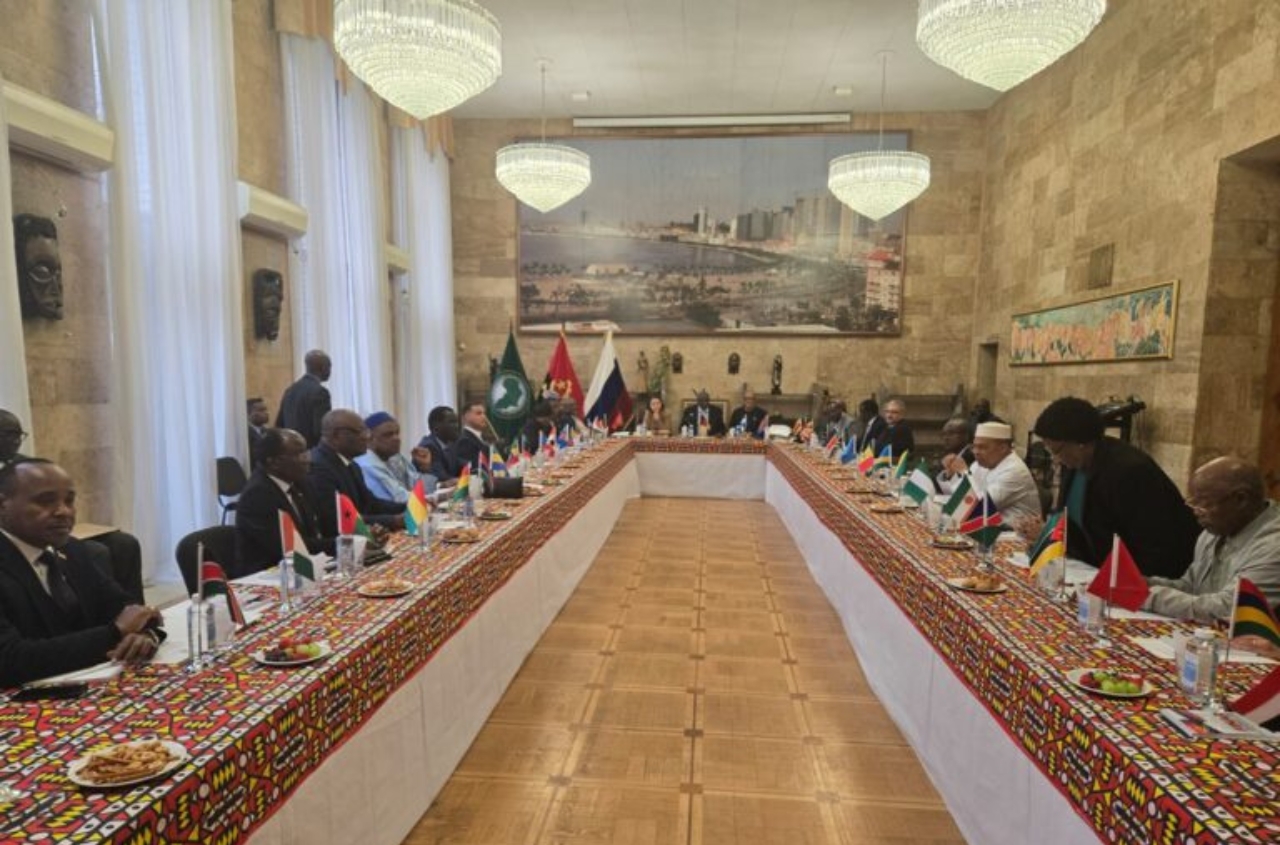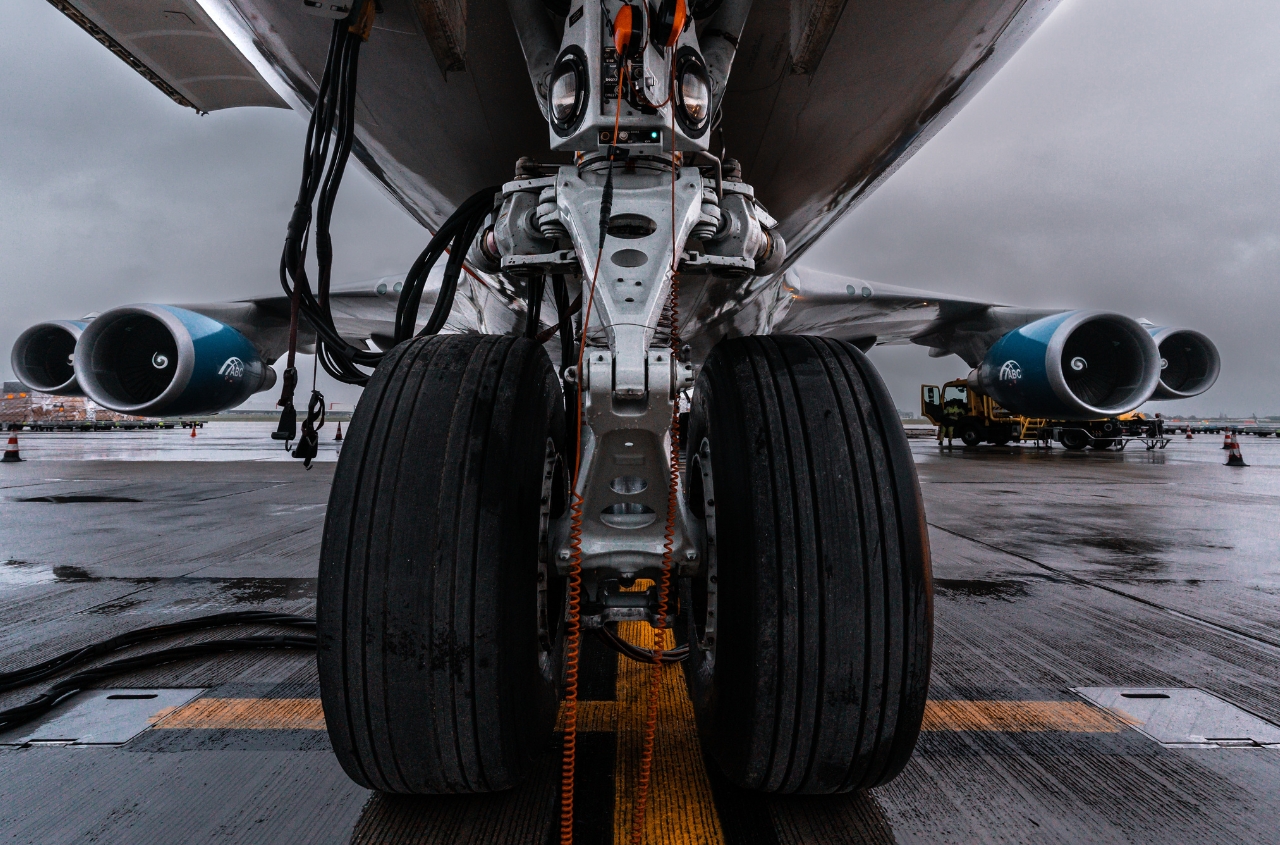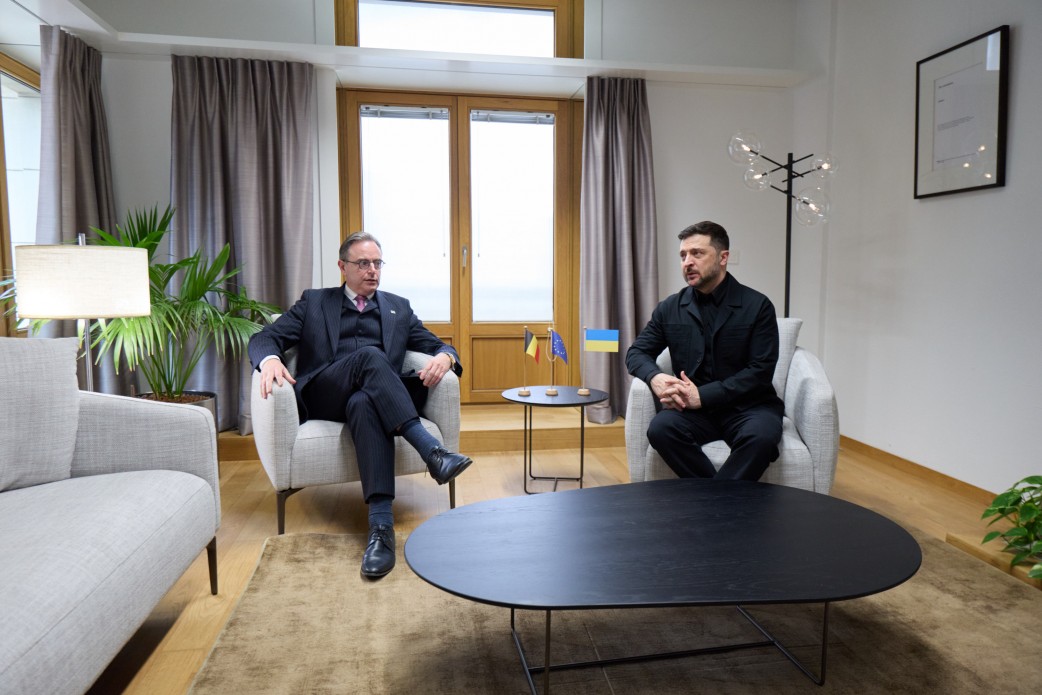Participation of African countries in the Second Russia–Africa Ministerial Conference in Egypt carries serious risks for the governments of these states, according to the Robert Lansing Institute.
According to their assessment, Moscow uses such events for propaganda and to involve partners in schemes aimed at bypassing international sanctions. In addition, the weakening domestic position of Russian Foreign Minister Sergey Lavrov increases the likelihood of active recruitment of participating states and public exaggeration of the negotiation outcomes, creating crises among delegations.
Russia seeks to present Africa as supporting its geopolitical agenda, including violations of international law, aggression against Ukraine, and undermining global security structures. At the same time, promised economic benefits remain unfulfilled: trade, investment, and aid to Africa are decreasing, while Kremlin-proposed projects are largely symbolic and lack funding. Many agreements made at the 2023 St. Petersburg summit remain unimplemented, and Russia uses the continent to bypass Western sanctions through gold smuggling, shipping networks, and dual-use goods.
States closely cooperating with Russian defense structures or sanctioned organizations risk facing secondary sanctions from the U.S., EU, and the U.K., which could paralyze access to global finance. Banks also approach transactions involving Russia and Africa with caution. The activities of the Russian “African Corps,” successor to the Wagner PMC, are associated with mass killings of civilians, political interference, and support for authoritarian regimes, exacerbating instability in countries such as the Central African Republic, Mali, and Sudan.
Russia’s strategy in Africa focuses on resource extraction rather than development. Agreements on gold, diamond, and other mineral extraction primarily benefit oligarchs connected to the Kremlin, while African economies receive little revenue. Russian media and influence networks, supported by the GRU and SVR, use African information ecosystems to spread anti-Western disinformation, manipulate elections, strengthen ruling elites, and create social instability.
Cooperation with Russia in security weakens the sovereignty of African states, as Russian services demand privileged access to ports, logistics, and intelligence facilities. Interaction at the ministerial level threatens to increase Moscow’s influence over national decision-making. The Russian economy faces recession, isolation, mass emigration, and technological decline and cannot provide African countries with meaningful development aid, technology transfer, or infrastructure comparable to the EU, U.S., China, or Gulf countries.
Participation in the conference undermines Africa’s neutrality. It may be perceived as support for Moscow’s military and political agenda and as agreement with war and territorial aggression. This undermines respect for territorial integrity on the continent and may lead to the loss of leverage in negotiations with Western partners. Russia also exploits crises in Sudan, where civil war has been ongoing since April 2023, to divert attention from its war crimes in Ukraine and secure access to illegal gold mining and smuggling networks.
Russian mercenaries undermine the continent’s security and the authority of the African Union. Their activities involve mass violations of international law, creation of logistical bases for resource and arms smuggling, pressure on political regimes, and provocation of new conflicts. Moscow weakens ECOWAS by supporting pseudo-alternative blocs, undermining regional integration and political unity on the continent.
Russia’s economic promises remain unfulfilled: investments in Mozambique LNG have stalled, nuclear projects in Egypt, Nigeria, and Ethiopia are paused, and Wagner and the “African Corps” have destabilized the CAR, Mali, Sudan, and Burkina Faso. Russia’s grain diplomacy has achieved less than 2% of promised results. Participation in the conference only legitimizes Moscow’s policy of empty promises.
RLI emphasizes that African countries should pursue constructive alternatives: cooperation with the EU, U.S., U.K., UNDP, and AfDB; transparent investment packages; support for health and education; and alternative security partnerships. Participation in Russia’s conference entails risks to security, economic stability, and sovereignty, and distancing from the event can be seen as a strategic choice to preserve the continent’s long-term autonomy.
Russia acts in Africa as a neo-colonial power: extracting resources, recruiting mercenaries, militarizing economic dependencies, exploiting labor, and spreading the “Russian world” ideology through media, education, and the church. RT and Sputnik propaganda spreads anti-Western disinformation, weakening trust in Western partners and masking Moscow’s predatory policies. In African markets, Russia offers no long-term stability and manipulates public opinion to strengthen its global position.
RLI recommends African leaders avoid participation in Russian events, maintain neutrality, increase transparency, cooperate with international organizations and partners, and rely on facts and economic logic to ensure the continent’s safe and sustainable development.





















